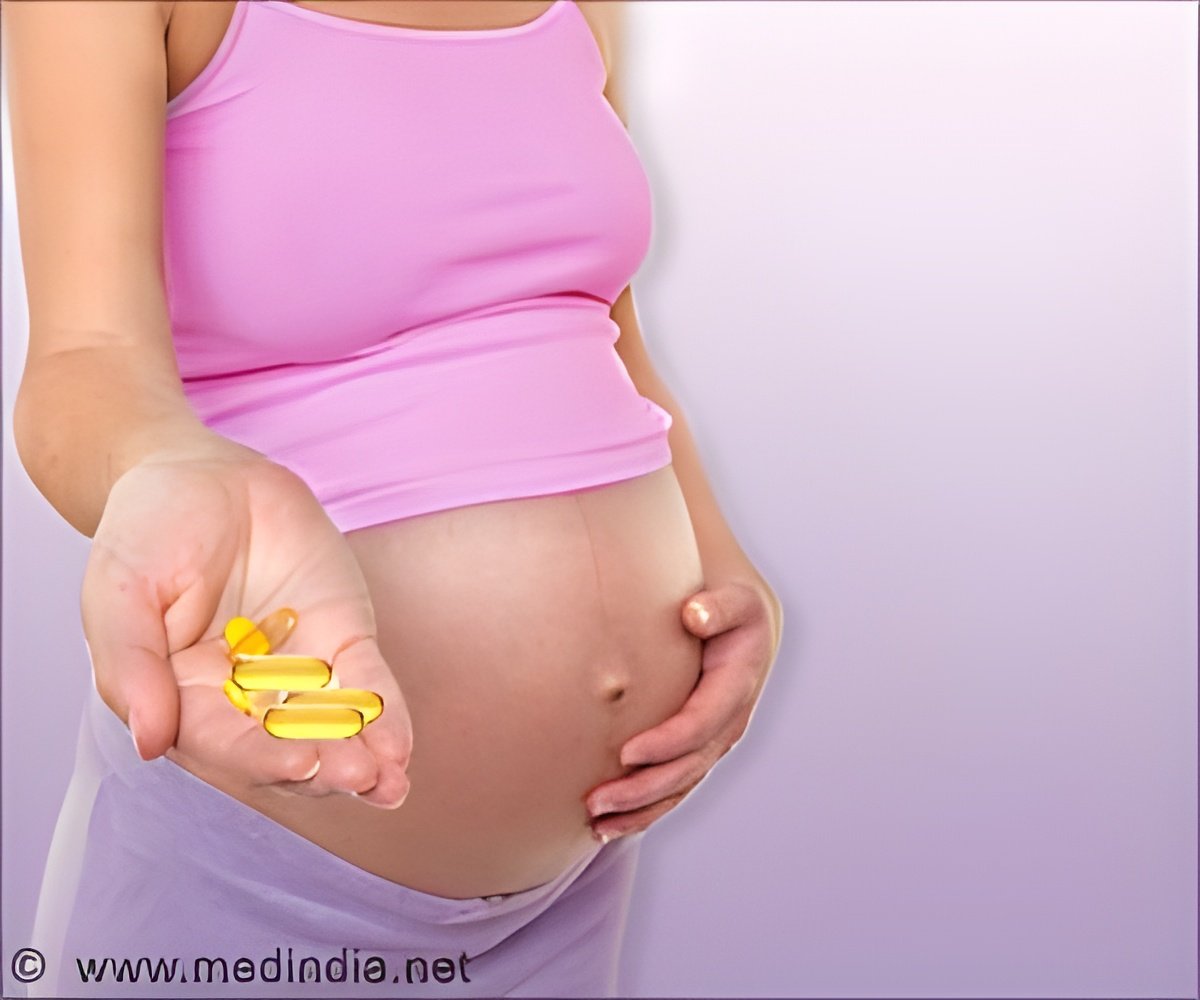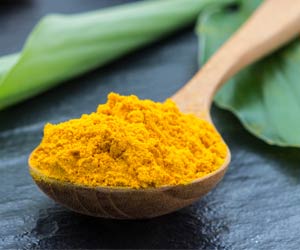Omega 3 fatty acids in the fish oil reduce inflammation of the placenta limiting the effects of serious pregnancy complications.

"Many people will have heard that fish oil is good for you but we don't fully understand the mechanisms," says lead researcher and PhD student Megan Jones. "The omega-3 fatty acids in fish oil are known to limit inflammation, and only recently it has come to light that they do this by being converted to resolvins that reduce inflammation after it's occurred."
"These findings significantly help further our understanding of how fish oil intake may be beneficial during pregnancy,” she said.
What are the Benefits of Fish Oil Supplements?
Omega-3 fatty acids have positive effects on the pregnancy itself. Apart from reducing risk of pregnancy complications they are good for the fetal growth and development too.
The two most beneficial omega-3s are EPA (eicosapentaenoic acid) and DHA (docosahexaenoic acid). EPA supports the heart, immune system, and inflammatory response. DHA supports the brain, eyes, and central nervous system and this is the reason why it is so important for pregnant women.
Studies have also shown that higher consumption of omega-3s may reduce the risk of Allergies in Infants.
However, fish oil doesn’t seem to help prevent high Blood Pressure during pregnancy.
What to Eat During Pregnancy?
The best sources of EPA and DHA are cold water fish such as mackerel, tuna, salmon, sturgeon, mullet, bluefish, anchovy, sardines, herring, and trout. They provide about 1 g of omega-3 fatty acids in about 3.5 ounces of fish. If you are worried about mercury and other toxins in fish, especially during pregnancy, opt for purified Fish Oil Supplements. These are often the safest source of EPA and DHA.
The NHS, UK, guideline recommends limiting the amount of tuna consumed to 2 tuna steaks (or 6o z. /170 g) a week. According to the Food and Drug Administration (FDA) and the Environmental Protection Agency (EPA), pregnant women can safely eat up to 12 ounces (340 g) of seafood a week.
Seafood is also a very good source of protein, iron and zinc that are essential for pregnant women. But avoid large, predatory fish such as Shark, swordfish, king mackerel and tilefish; they can contain high levels of mercury. Do not eat any raw shellfish or sushi. If taking fish oil supplements be sure to purchase supplements from a reputable source.
Fish Oil Dosage
ISSFAL (the International Society for the Study of Fatty Acids and Lipids) recommends consuming 300 mg DHA daily for pregnant and lactating women.
The FDA recommends fish oil to be safe for pregnant and breast-feeding women when taken in low doses (3 g or less per day). Taking more than 3 g per day might keep blood from clotting and can increase the chance of bleeding. High doses of fish oil may also reduce the immune system’s activity, reducing the body’s ability to fight infection.
The American Pregnancy Association recommends that pregnant and lactating women consume 500 mg to 1000 mg of fish oil per day ensuring that at least 300 mg are DHA. Although most capsules of fish oil supplements are 1000 mg, they may actually contain only 200 mg to 500 mg of fish oil.
Fish Oil Recommended During First Trimester of Pregnancy
The American Pregnancy Association recommends taking DHA throughout pregnancy and during the early stages of an infant’s life, though the critical period in which DHA may influence brain growth may be in the first trimester of pregnancy.
This said, DHA alone doesn’t ensure a trouble free pregnancy and delivery of a healthy baby. A balanced diet and regular exercise is the key.
Reference: http://www.jlr.org/content/54/8/2247.abstract
Source-Medindia















